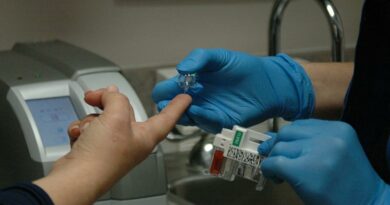Is depression related to serotonin?
Introduction
This is an important note, which may interest a number of readers. One reader asked me to review this week’s paper saying that he found it “remarkable, in that serotonin is known to alter mood.” Having been diagnosed with acute clinical depression and having been on SSRIs and SSNRIs for decades he was concerned. He asked if I could examine the research, therefore.
The research in question is an academic paper, which was published in Nature in July 2022 (Ref 1). The paper was written by Moncrieff et al. It seemed to blow apart the serotonin-antidepressant narrative. It was widely reported in the media. The UK Times newspaper headline was “Antidepressants study casts doubt on drugs taken by 8m people” (Ref 2). The university where the lead author works summarised the study as “Analysis: Depression is probably not caused by a chemical imbalance in the brain – new study” (Ref 3).
It is commonly held that depression is the result of low serotonin. Surveys suggest that 80% or more of the general public believe that it is established that depression is caused by a chemical imbalance (Ref 4). A link between lower serotonin and depression was first suggested in the 1960s (Ref 5), and widely publicised from the 1990s with the advent of the Selective Serotonin Reuptake Inhibitor (SSRI) antidepressants (Ref 6). The view has been challenged (Ref 7), but it remains the prevailing view, and it has done so for decades.
Selective Serotonin Reuptake Inhibitors limit reuptake of serotonin, thus making more available to pass messages between nerve cells, which is believed to improve mood. It is often assumed that the apparent efficacy of SSRIs confirms that serotonin must have been the issue. However, there could be other mechanisms at play. A placebo effect, for example. (I expect to feel better and therefore I do). Anti-depressants blunt emotions generally, which can remove lows (but they can also remove highs). People report feeling more 'even' when taking antidepressants, but for some people this translates into a feeling of being numb. Interestingly the Patient Information Leaflet makes no claim for the mechanism of working (Ref 8).





